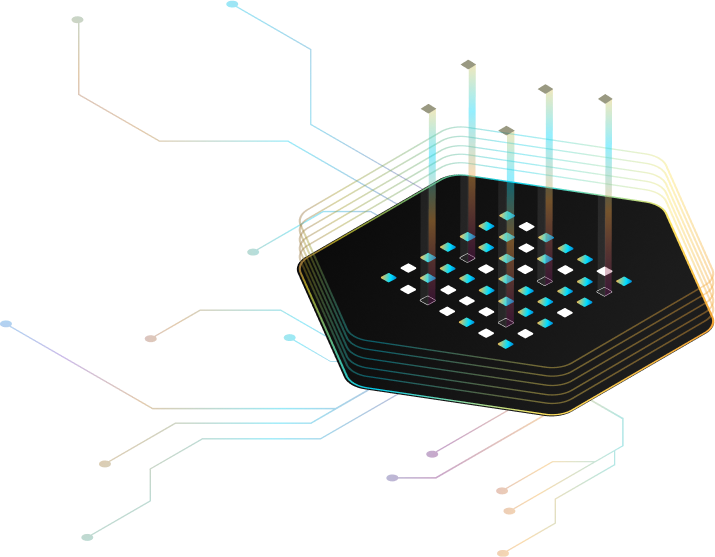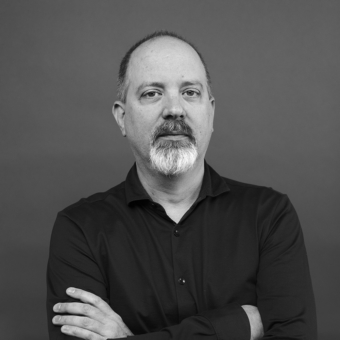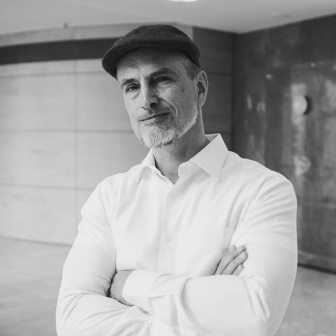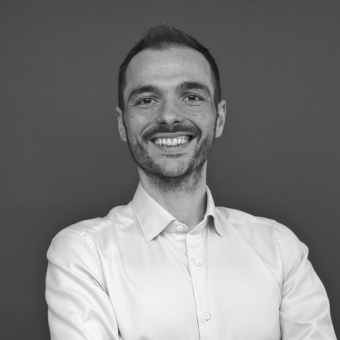Leadership
American by birth, Gallego at heart, Faustino’s career in AI started with a fascination for how the principles of natural selection could be harnessed to train neural networks for autonomous control tasks. Prior to co-founding NNAISENSE he was a senior researcher at IDSIA, where he studied how this neuroevolution approach could be brought to bear on the real world. Now a recovering scientist based in Austin, he builds intelligence-free guitars in his spare time.
Jürgen’s main goal since he was 15 has been to build an AI smarter than himself, then retire. On the way there, as scientific director at IDSIA, he and his research group have been at the forefront of modern machine learning since the early 90s, including the first deep networks to win international competitions in pattern recognition which have revolutionized handwriting recognition, speech recognition, machine translation, and image captioning. He is the recipient of numerous awards, and advises governments on AI and how it’s about making lives longer, healthier, easier, and happier.
Jonathan leads our deep learning team’s quest for the simplest and most general model to rule them all. He is a pioneer in geometric deep learning which extends neural networks beyond computer vision and speech recognition to structured problems in biology, chemistry, and physics. Left handed and pragmatic, in his spare time he is also Italian, works to travel, and suspects no AI will ever be able to explain why pineapple on pizza is even a thing.




